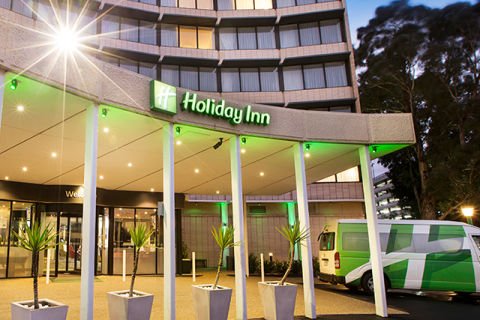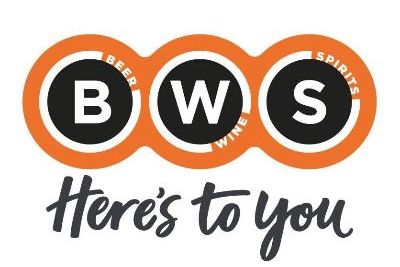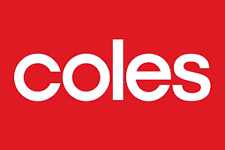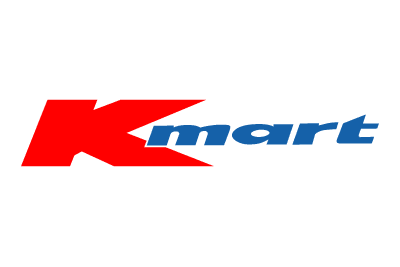We answer your car insurance questions
What's the difference market and agreed value? National Seniors General Manager, Chris Grice has the answer.

Welcome to the September edition of Ask the experts. You can subscribe to Money Matters here.
Market value’ is a recognised insurance industry term for what your car would fetch on the open market at the time of making a claim.
It is determined by your insurer based on several factors and is not the trade-in value, nor what a particular purchaser, such as a collector, would pay for your car. It is also not the cost of replacing your existing car with a brand new one.
If you insure your car for market value, the price you will receive from the insurer in the event that your car is written off or stolen will be the price that your insurer estimates your car was worth just before the accident or theft.
When estimating the market value of your car, your insurer will consider a range of factors, including the condition, age, make and model of the vehicle, how many kilometres it has travelled, and its service and accident history.
"‘Agreed value’ is a sum that has been fixed after discussion and agreement between you and your insurer when you take out or renew a policy."
An agreed value car insurance policy generally has higher car insurance premiums as the agreed value for your car is usually higher than what it would sell for on the open market (market value).
Agreed value is generally only available for cars aged less than 10 years old.
Insuring your car at market value will reduce your premium but may provide less certainty about the amount of money you will receive in the event of a payout.
"If your car is under finance, you should consider insuring it for an agreed value that is at least equal to the amount remaining on the loan. This will help you pay off any debt prior to purchasing a new vehicle."
You should chat to your insurance provider for further information, and to make sure you have the right cover to suit your personal situation.
There are other factors you need to consider as well. Check out the case study below to learn more.
Melissa and Stan both purchased a comprehensive type car insurance policy on the 1st of February 2021*.
When the policy was purchased, Melissa and Stan chose to pay the premium for the car insurance policy for the full year up-front.
As Melissa and Stan’s car is aged less than 10 years old, they took advantage of the opportunity to pay a little extra premium to select the agreed value option. In their case, the agreed value that the car was insured for was $10,000.
Two (2) months after the car was purchased (which was comprehensively insured), Melissa was involved in a serious accident that was not her fault. The car sustained significant damage.
Soon after the accident, the car was towed to a repairer where quotes for the repair work were completed.
The cost to repair the car including all parts and labour exceeded the value of the car, making it uneconomical to repair, and as such deemed to be a ‘write-off’ or ‘total-loss’ by the insurer.
When a car is deemed to be a total loss, the wrecked car becomes the property of the insurer, and the insured (in this case, Melissa and Stan), would receive a pay-out of the agreed value amount which is $9,000. This represents the $10,000 agreed value sum insured, less the policy excess applicable, which in this case was $1,000.
Bear in mind that for other policyholders, the excess amount can vary based on age, inexperience, and other factors. For example, a younger driver may not have been declared on the policy. This generally attracts a higher excess.
If Melissa and Stan decided to pay the premium for their comprehensive insurance policy monthly when they first purchased the car and arranged insurance, the pay-out circumstances would have been slightly different.
"The agreed value would still have been $10,000, the excess applicable would still have been $1,000, but any unpaid premium for remaining monthly instalments for the policy would have been deducted from the settlement amount."
If say, for example, their monthly premium instalment amounts were $55.00 per month, and at the time of the loss, they had 4 months still to run on their policy, a further $220 would be deducted from the total settlement amount.
Therefore, they would receive $8,780 as full and final settlement for the claim.
National Seniors Australia General Manager, Chris Grice has over 25 years’ experience in the Financial Services Industry specialising in insurance.
More older Australians are on the roads than ever before. While sorting our your car insurance is important, selecting the right vehicle for your needs is also essential.
*The above examples do not consider additional costs associated with financing the purchase of your car. As mentioned earlier, it can be a good idea to insure your vehicle at an agreed value that is at least equal to the amount left on the loan. Always read the relevant Product Disclosure Guide (PDS), Target Market Determination (TMD) or talk with your insurance provider.

Holiday Inn Melbourne Airport
Save 20% on Melbourne Airport accommodation.

Third Age Fitness
Save 20% on exercise DVDs and online memberships.

BWS eGift Card
Save 5% off when you purchase online.

Dan Murphy's eGift Card
Save 5% off when you purchase online.

Coles Supermarket eGift Card
Save 4% off when you purchase online.

Kmart eGift Card
Save 5% off when you purchase online.

